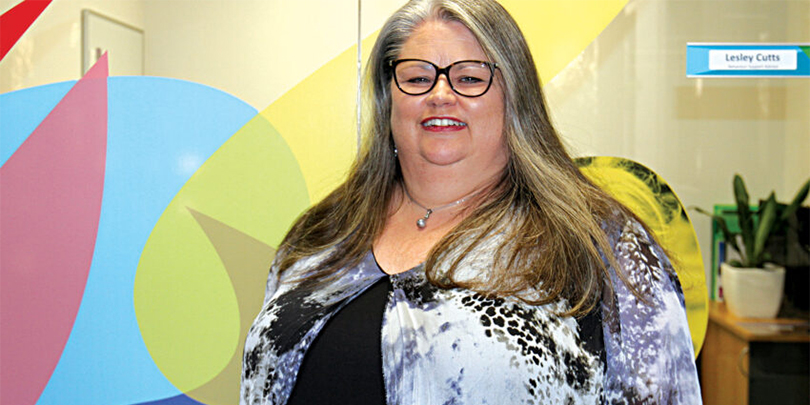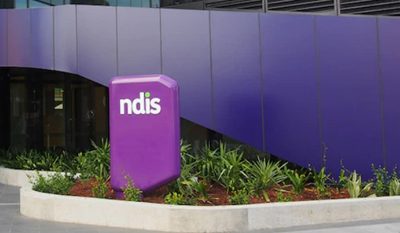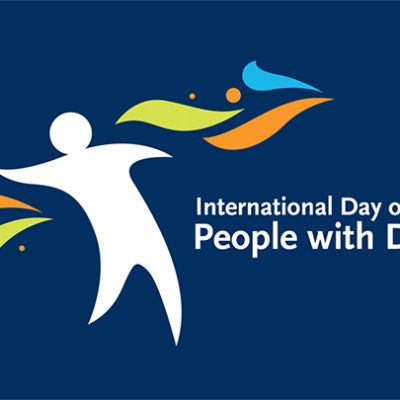
Lesley Cutts is on a mission to ensure Centacare Catholic Family Services clients living in supported independent living or participating in short-term respite programs live life to the full. Source: The Southern Cross.
Choosing how much sugar we have in our coffee or what to drink when we’re thirsty are choices that most of us take for granted. For people living with disability, it’s not that simple. Often these basic choices are taken away from them, supposedly in their best interest.
Enter Ms Cutts, a developmental educator who has worked in the disability sector for more than 30 years and is now the behaviour support advisor at Centacare.
Her role is believed to be the only one of its kind in South Australia and she is playing a big part in eliminating restrictive practices for Centacare clients, in line with regulations overseen by the NDIS Commission since 2019.
According to the NDIS legislation, restrictive practices are defined as any practice or intervention that has the effect of restricting the rights or freedom of movement of a person with a disability. While these restrictions are sometimes needed to ensure the safety of the client and/or staff, Ms Cutts is passionate about reducing and eliminating them from the 31 Behaviour Support Plans currently in place at Centacare Catholic Family Services.
With more than 20 Behaviour Support Practitioners from 19 different organisations writing plans for Centacare clients, a major part of Ms Cutts’ role is as the link between them and the Centacare staff who have to translate and implement the plans.
She says the “struggle” for staff was their own values. For example, there are a couple of clients who often want to drink a soft drink, and some staff might want to restrict this choice.
“It generally comes from a place of care and compassion, the belief that it’s the right thing to do; but it’s their choice, just as it’s yours and mine.”
FULL STORY
Centacare focuses on choice in disability services (By Jenny Brinkworth, The Southern Cross)






